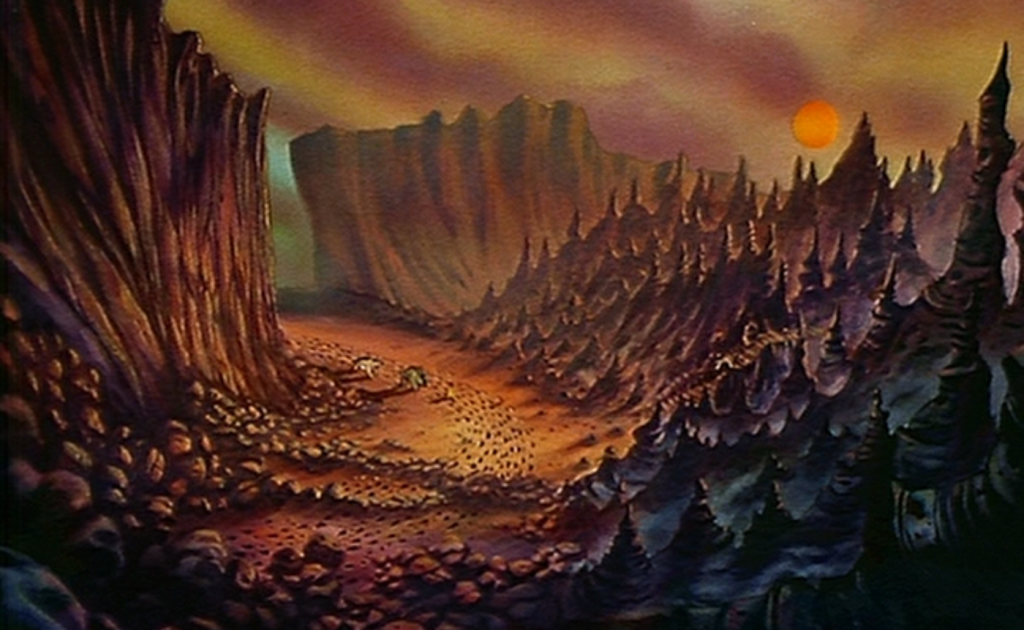
Thomas Fleming: No. I think Jefferson’s animosity – and envy – was a gradual process. He said lavish and almost certainly sincere things about Washington’s refusal to become an American Oliver Cromwell at the close of the Revolutionary War. But Jefferson saw himself as much more intelligent than Washington. Marcia: Jefferson’s animosity seems more personal than political. Did his earlier humbling as wartime governor have something to do with it?

Gradually, when I discovered the political depths behind the clash, I realized it was a “divide†that runs through American history – the power struggle between the strong presidency Washington and Madison created – and an often resentful congress, backed by Jefferson’s claim that they are the true voice of the people. 2: the day Jefferson came to pay his condolences. The depth and intensity of the antagonism between the two foremost founders, its origins and growth, became the focus of the book. When he visited Mount Vernon after Washington’s death, Martha Washington told him the two worst days of her life were: 1. I realized the central idea was: Both the British and the Americans began the war with the wrong strategy. In The Great Divide, the central idea was created by an anecdote in a congressman’s diary. My book on the year 1776 came alive for me when the phrase: “Year of Illusions†leaped into my head, after years of research.

Thomas Fleming: Every book is rooted in a fundamental insight or idea. Marcia: How did you decide what to include in The Great Divide? Renowned historian Thomas Fleming graciously and generously agreed to answer a few questions about his last book, The Great Divide reviewed here.


 0 kommentar(er)
0 kommentar(er)
